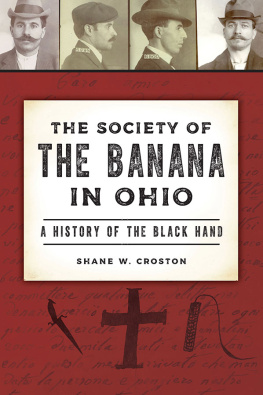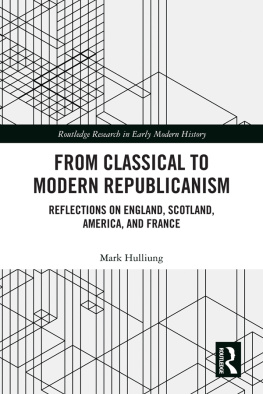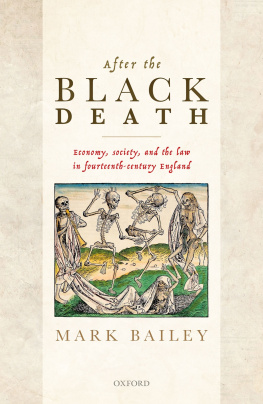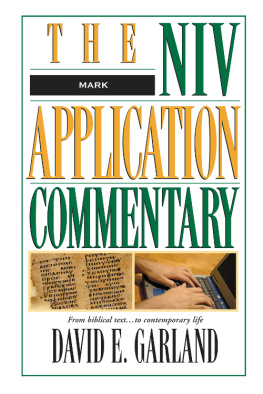First published 2015 by Transaction
Publishers Published 2017 by Routledge
2 Park Square, Milton Park, Abingdon, Oxon OX14 4RN
711 Third Avenue, New York, NY 10017, USA
Routledge is an imprint of the Taylor & Francis Group, an informa business
Copyright 2015 by Taylor & Francis.
All rights reserved. No part of this book may be reprinted or reproduced or utilised in any form or by any electronic, mechanical, or other means, now known or hereafter invented, including photocopying and recording, or in any information storage or retrieval system, without permission in writing from the publishers.
Notice:
Product or corporate names may be trademarks or registered trademarks, and are used only for identification and explanation without intent to infringe.
Library of Congress Catalog Number: 2014034993
Library of Congress Cataloging-in-Publication Data
The Black family and society / James L. Conyers, Jr., editor.
pages cm. -- (Africana studies)
Includes bibliographical references and index.
ISBN 978-1-4128-5604-1 (alk. paper)
1. African American families. 2. African American families--Social conditions. I. Conyers, James L., editor.
E185.86.C586 2015
306.85'08996073--dc23
2014034993
ISBN 13: 978-1-4128-5604-1 (pbk)
James L. Conyers, Jr.
Technology, globalization, information systems, and energy are terms used frequently as dispatches to describe modes of communication among individuals, groups, and families in coeval society. Still, direct contact with humans is almost a lost way of communication. Perplexing is this direct and indirect correlation toward the current structure of African American families. Text messages and social mediaFacebook, Twitter, and Instagramhave become the streams through which familial and extended groups converse and network. Intriguingly, the idea of the familial is now inclusive of cell phones, iPads, laptop computers, and social media. Furthermore, this study focuses on the social construction of the Black Family and health care. The two topics are interrelated: family is the cornerstone of society, with emphasis on the kindred unit that provides support for the advancement of education, fiscal acquisition, and prosperity. In lieu of African Americans being the descendants of involuntary migrants, the concept of family is kin, while engaging the continuity of disparity and inequality on a daily basis.
Family can be defined as the social unit of biological relations among a group of people. Of course, there are threads of ethnicity adjoining the group along familial bases. In some cases, there will be ethnic and racial aggregates, comprising of familial groupings. Equally important, the concept of Black Family is aligned to prioritizing the African American kinsperson and adjoining supplemental ethnic groups from the continental and diaspora experiences. Still, the concept of order and cultural difference supports the idea of pluralism without hierarchy. Within ethnicity, the concept of race addresses physical description and not cultural variation. However, the differential is precedent concerning linguistics, culture, and location of the group.
Societies, then, are a primary aspect of how families manage and maintenance themselves, regarding their physiological conditioning. On the other hand, there is correlation between access to resources and information and the deterioration of ones physical health and existence. Whereas if Black families have regressed resources, then diet, education, employment, housing, and life chances of advancement are virtually motionless.
In closing, the topic of family and more accentuation on the Africana kinsperson is relative while we exist, communicate, merchandise ideas, and function in a technologically driven society. In this context, the crossroads of engagement, within this volume, provides an interdisciplinary approach to examining the survival, retention, and function of the Black family, drawing emphasis on a cultural analysis of health care.
Volume 6 begins with Vincent Willis, in his article A Biscuit for A Letter, where he proffers a decisive interrogation of African American children and education in the Antebellum south. Cardinally, Willis deposits an extensive review of literature, with emphasis on enslaved African American childrens trust to attain formal and informal modalities of education. What is more, the author presses education as tool of liberation for people who have been systematically subordinated.
Jason Thompson and Rockell Brown-Burton wrote the seminal Examining Memorable Messages in the African American Family, in which the two authors focus on coping strategies and prejudice, aimed at ranking as less important, people of Africana decent. The article is organized into the following subsections: racial prejudice memorable messagessupport and family; inter-generational transmissions within the African American trust; method, with emphasis on participants, procedure, instrumentation, data analysis; results of the data collected, with emphasis on self-concept, behavior, popular sayings, self-improvement; research question on memorable messages transmitted, with emphasis on discussion; and directions for future research experienced by African Americans. In summary, the authors have tendered a mixed-method approach to the study of racial prejudice in America.
Marcia Walker-McWilliams, in her essay titled Black Intellectuals on Trial, acquaints the concept of race and community. In this context, the author organizes her ideas into the following categories: general overview; Black intellectual tradition from the late nineteenth century to the Civil Rights era; and postcivil rights era and the emergence of the new Black intellectuals, or Black public intellectuals. Consuming a note from the Harold Cruse paradigm of the Crisis of the Black Intellectual, Walker-McWilliams has innovatively pressed defining the contours of intellectualism and accountability of Africana academics.
Rita Kiki Edozie in her article titled Africans Perspectives on Race in the US, renders a political-literary review of Chimamanda Adichies novel Americanah. Communicated from the prism of the social scientist, Kiki engineers a political history of this text in the following: Introduction; Racialization, Immigration, and Transnationalism in Amerikah, Ifemelu and the Non-American Black; Blogging about Race; Engaging and Negotiating Race through Historic Diasporas; Engaging and Negotiating Race through White Americans; Structural Racism, Transnationalism, Postcolonialism, and Globalization; and the Conclusion. Heart-warming, Kiki unfolds our analytic thinking from a quantitative appraisal to a triangulated canon of mixed methods in describing and evaluating the continental and diasporic Africana experiences.
Theresa Rajack-Talley and Latrica Best in their essay Feminization of Poverty and the Black Family, straddle a treatment of data collection and interpretative analysis. Adventitiously, the article is unionized into the following points: an overview of defining the term














